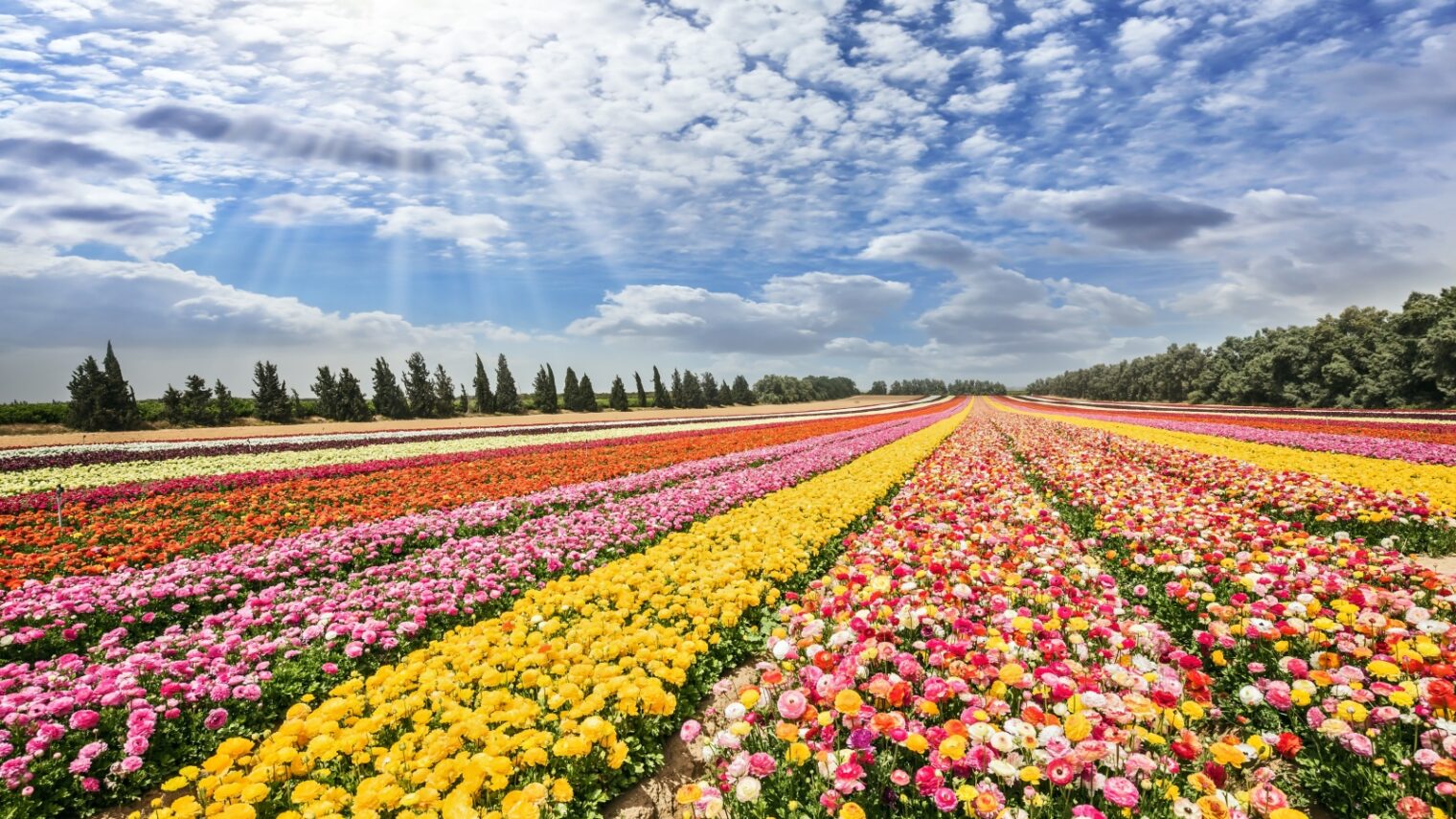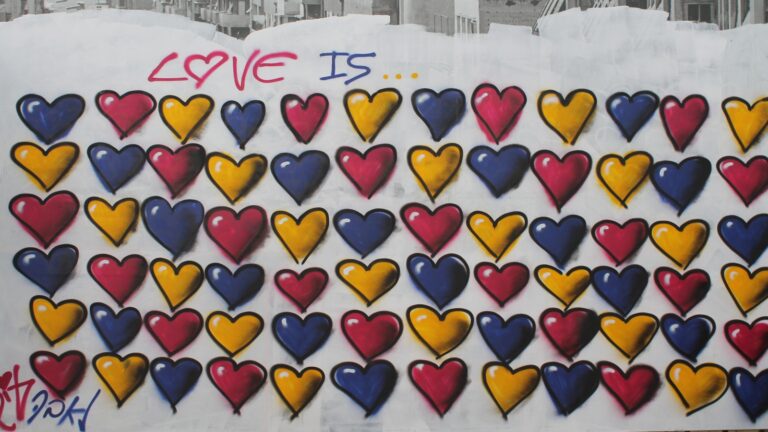Roses are red, violets are blue, Valentine’s Day is soon approaching, have you already ordered flowers for your special someone too?
Ahhhh, Valentine’s Day. Originally a day commemorating early Christian martyrs, the past few centuries have seen it become a day of love and courtship, full of heartfelt handwritten (or Hallmark) notes, heart-shaped chocolates and blooming flower bouquets.
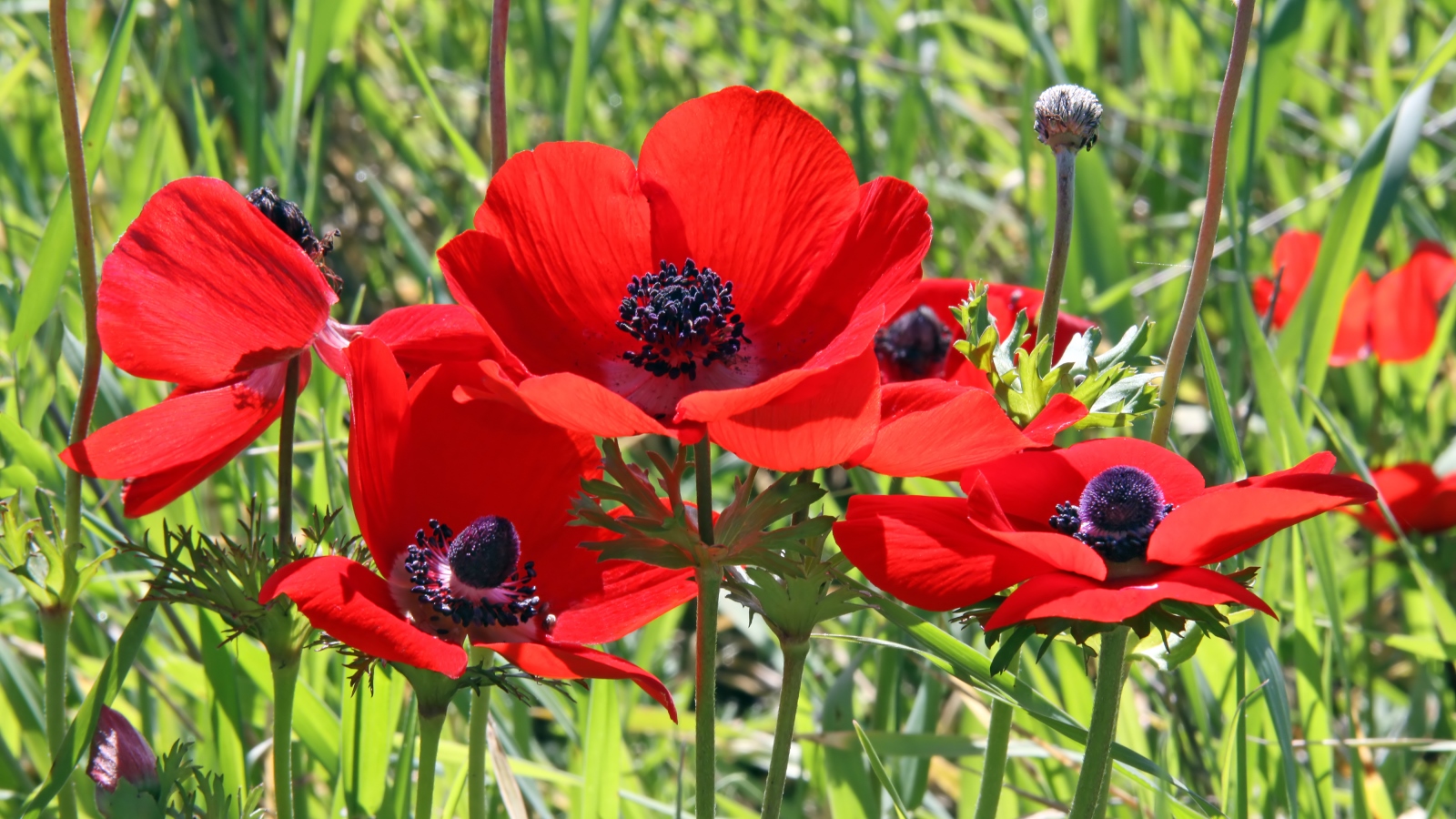
Over here at ISRAEL21c, we thought Valentine’s Day would be the perfect opportunity to dig deeper into the world of Israeli flowers. We recruited to the mission none other than Avi Vilozni, head of Israel’s Flower Board, which specializes in exporting fresh agricultural products from Israel to the world.
ISRAEL21c: Avi, how many flowers does Israel export each year?
Avi Vilozni: The professionals estimate the export of cut flowers at around 500 million stems in the past year.
I21c: Where in Israel are flowers grown?
AV: Flowers are grown all over the country. Each area has its own relative advantage. Flowers that require cold to bloom [are cultivated] in the mountain areas and so on. In general, flowers are cultivated in places with climate control (greenhouses) and land control (detached platforms) so they can be grown across the country – from the Lebanese border to the Arava region in the south.
I21c: What are the main flowers that Israel exports?
AV: Waxflowers, anemones, buttercups and peonies.
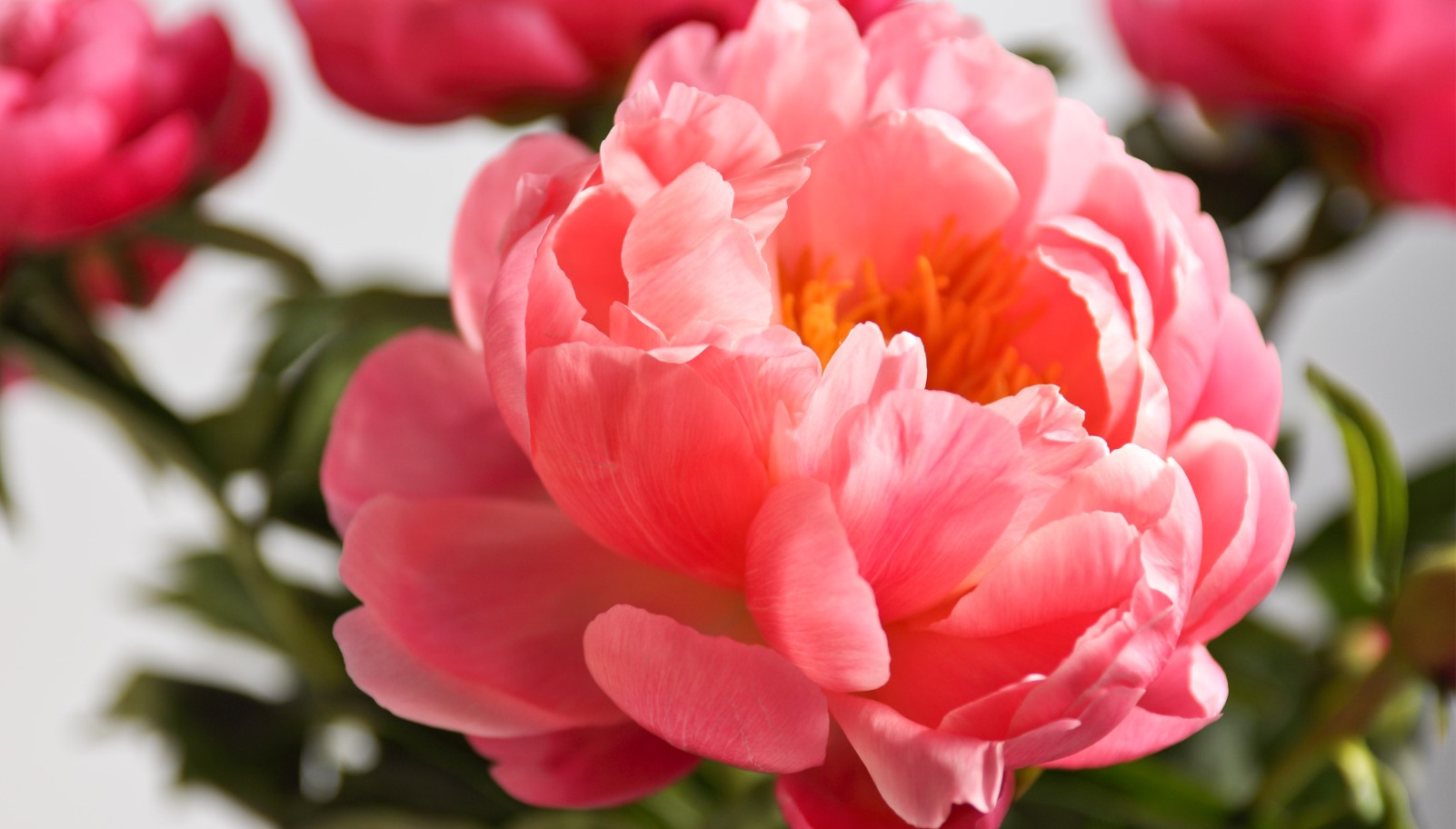
I21c: Do consumers in different countries have different tastes?
AV: Certainly! In Eastern Europe – gerberas with a large flower head, and in Western Europe gerberas with a small flower head.
In Russia they like long flowers with large flower heads – types that we view as “old-fashioned”: roses, carnations, gerberas. In Western Europe – the Netherlands, Germany, Scandinavia – there’s a preference for complex bouquets that include a lot of “summer flowers” such as waxflowers, lisianthus, limonium and more.
Of course there are also holidays and special seasons. At Christmas – red and white of all types. Red on Valentine’s Day. Blue on Mother’s Day in England. Tulip season in the Netherlands, and so forth.
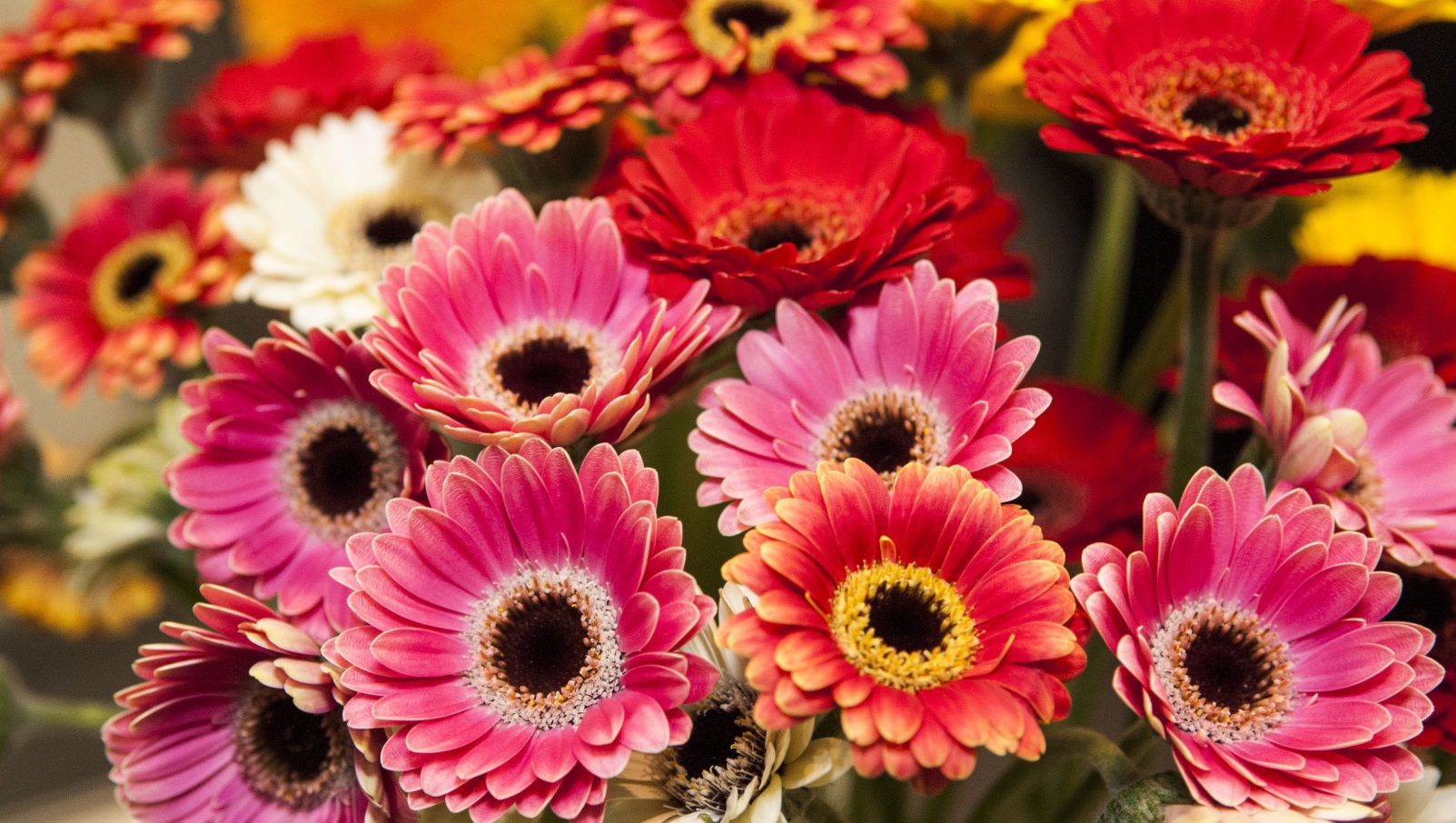
I21c: Do Israelis have a different taste in flowers?
AV: There’s no orderly statistics on the local market in Israel. Experience shows that the preferences here are more similar to the markets in Eastern Europe (let’s not forget the contribution of the aliyah from Russia to demand in Israel). There’s a preference for roses, chrysanthemums and gerberas with large flower heads – slightly old-fashioned species for the export market.
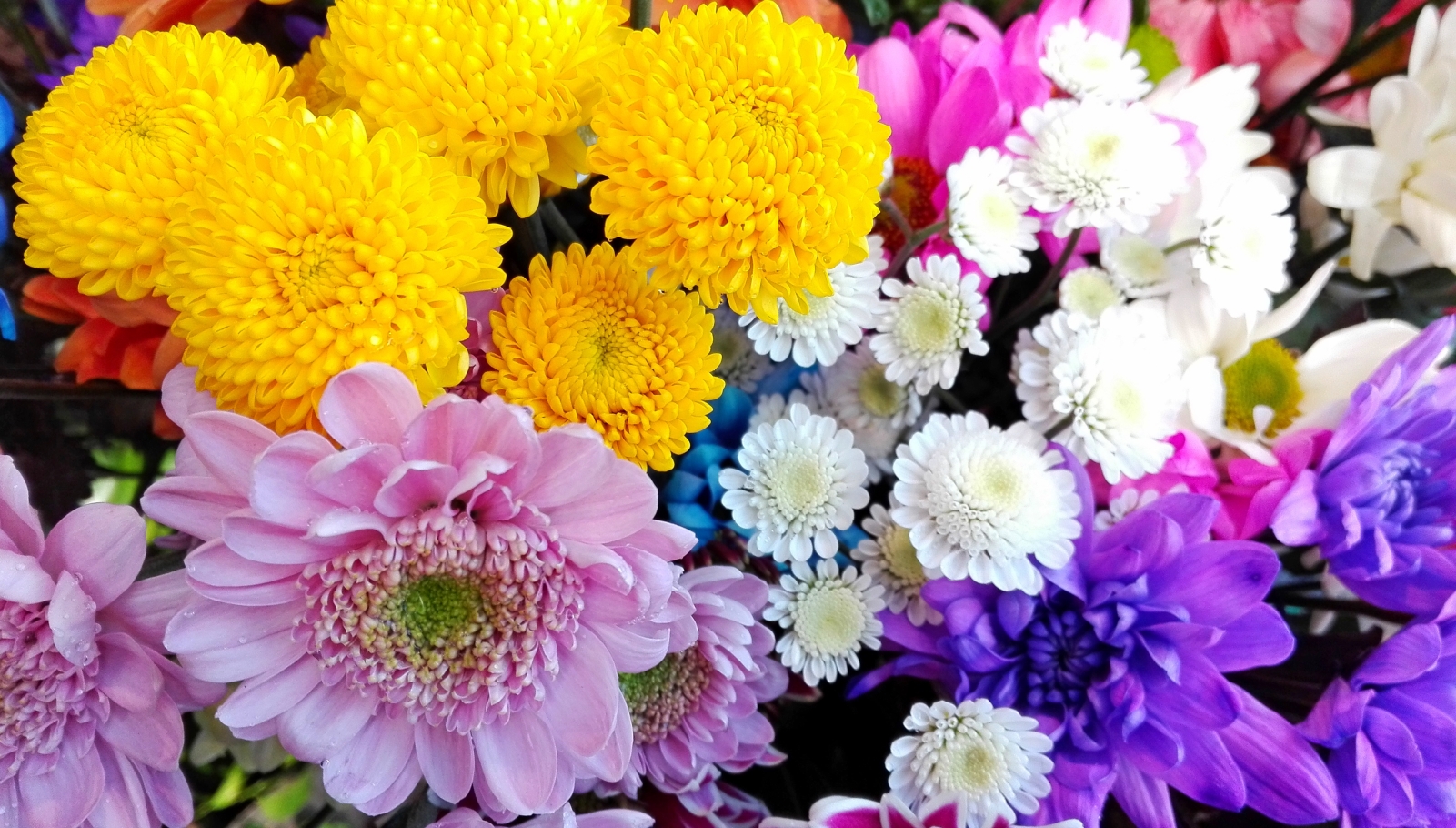
I21c: Does Israel specialize in particular types of flowers?
AV: Israel specializes in innovation in the field of export. Many growers visit markets, mostly in The Netherlands, and replicate in Israel new varieties that they see potential in, both in terms of the market and in terms of the cultivation period. The winter allows efficient cultivation here in Israel as opposed to possibilities in the Dutch winter.
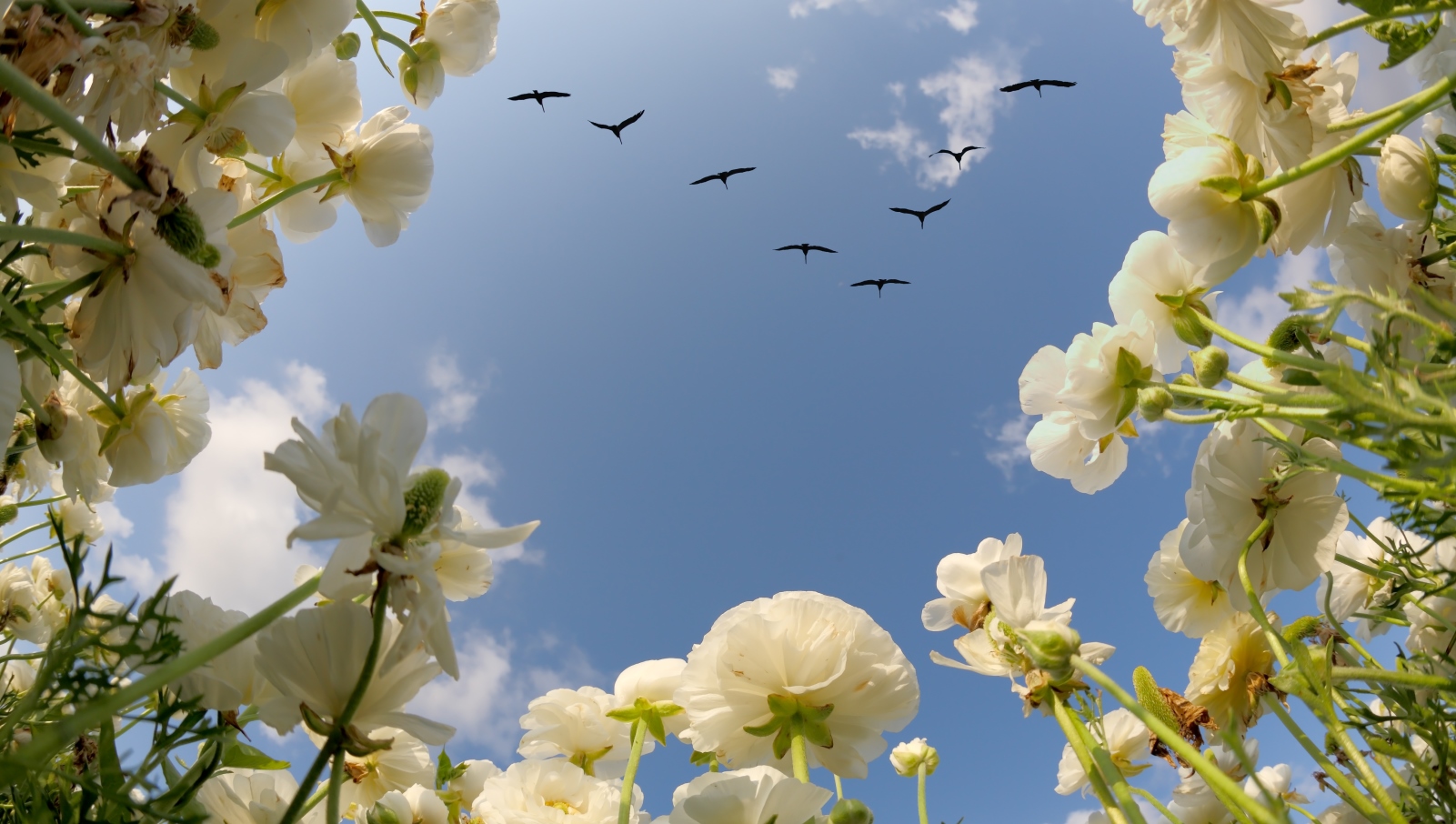
I21c: Where are Israeli flowers exported to?
AV: All over the world. A main market is The Netherlands. That’s where the flower exchanges are and around 65 percent of Israeli flowers are sent there. It’s sometimes said that selling flowers to the Dutch is like selling fridges to Eskimos.
I21c: What’s the strangest request that you’ve received?
AV: When flowers from the Gaza Strip were sent for export through Egypt, they got stuck at the entrance to Europe and we helped free them so that they reached the market in time.
I21c: Is there an increase in orders ahead of Valentine’s Day? Any particular flowers?
AV: Certainly, anything to do with red flowers. And a general increase because of requests for mixed bouquets.
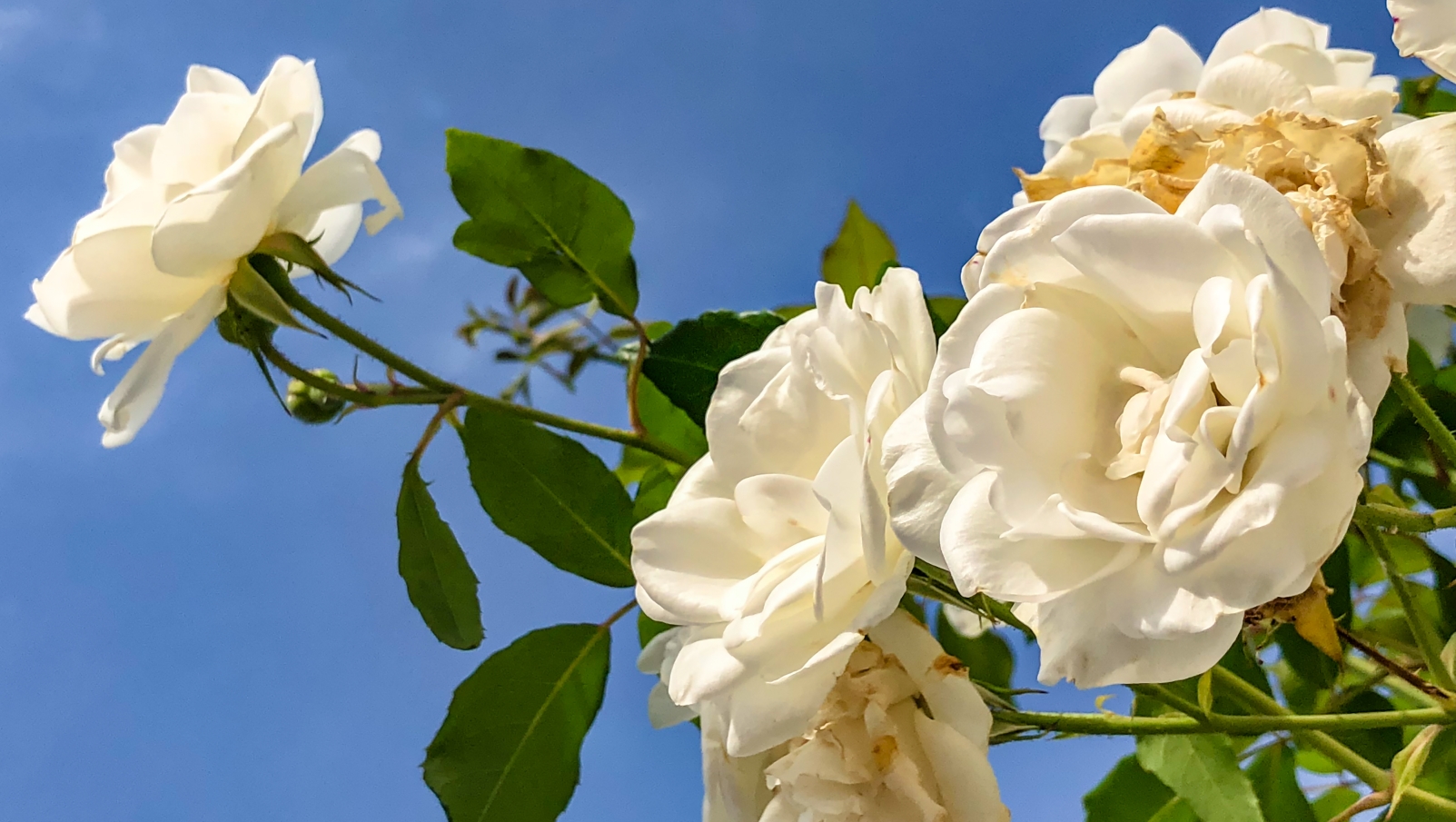
I21c: What does the future hold for the Israeli flower market?
According to export data from recent years, exports from Israel are shrinking due to a reduction of farmers, the lack of a follow-up generation and the government’s attitude toward farmers.
The reduction is at about 3-4% a year. The local market is actually blooming, but it can’t replace exports of the same size, so that production is decreasing.
I21c: Last but not least, a personal question. What’s your favorite flower?
AV: I started my work in the field in 1985, when the state of Israel exported 450 million roses a year, out of a total of 1.5 billion flowers. Last year Israel didn’t export a single rose because cultivation in African and South American rose farms shut down the rose industry in Israel. I still think the rose is the king.




